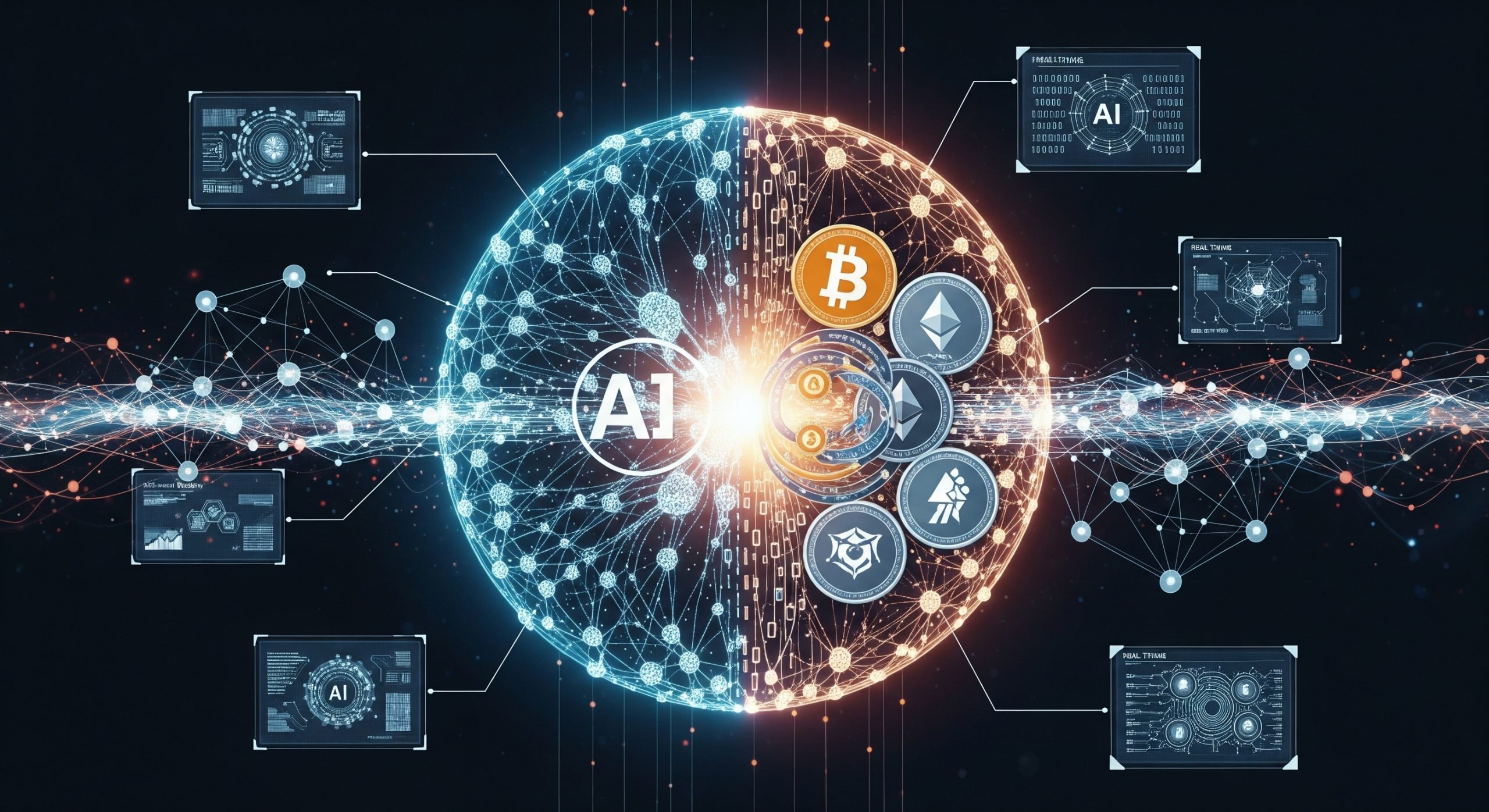In an era where trust in public institutions is increasingly fragile, innovative technologies like artificial intelligence (AI) and blockchain are stepping in to reshape governance. A groundbreaking collaboration between The Hedera Foundation, Accenture, and EQTY Lab promises to revolutionize public-sector decision-making by blending AI capabilities with blockchain’s unmatched transparency.
The Vision: Trust Through Technology
Governments across the globe face a common challenge: how to make decisions that are both effective and trusted by the public. Citizens demand transparency, accountability, and verifiability — and with good reason. In the past, opaque processes and hidden biases in decision-making have eroded trust.
Now, this newly announced partnership aims to change that. By developing verifiable AI governance tools powered by Hedera’s blockchain, they seek to create systems where decisions can be transparently audited and validated by anyone.
Why Blockchain + AI?
On their own, AI and blockchain have transformative potential. But together, they form a powerful alliance:
-
AI provides the analytical power to process vast datasets, predict outcomes, and recommend actions in complex governance scenarios.
-
Blockchain ensures that these processes and outputs are immutably recorded, providing an open ledger that stakeholders can verify at any time.
Hedera’s hashgraph-based blockchain is particularly well-suited for this mission. Known for its speed, low energy consumption, and fairness in transaction ordering, Hedera provides the perfect infrastructure for public-sector solutions where accountability is paramount.
The Role of Each Partner
-
The Hedera Foundation contributes its cutting-edge blockchain platform, ensuring the technological backbone is secure, efficient, and tamper-proof.
-
Accenture, with its extensive experience in digital transformation for governments, brings expertise in implementation at scale, ensuring that solutions align with public-sector needs.
-
EQTY Lab adds its focus on equity and ethics, helping to ensure that AI tools are designed with fairness, inclusivity, and human rights at their core.
What This Means for Public Governance
Imagine a world where AI-driven policy recommendations, funding allocations, or regulatory decisions are:
✅ Transparent — citizens can see how decisions were made.
✅ Auditable — independent organizations can verify the integrity of AI outputs.
✅ Accountable — officials can be held responsible because decision trails are recorded and visible.
Such systems could significantly reduce corruption, inefficiency, and bias, restoring faith in democratic institutions.
Looking Ahead
While this collaboration is at an early stage, it represents a hopeful signpost toward a future where technology serves the public good without compromising ethics or transparency. As pilot programs emerge, the world will be watching to see how this fusion of AI and blockchain can create more resilient, fair, and trusted governance.




